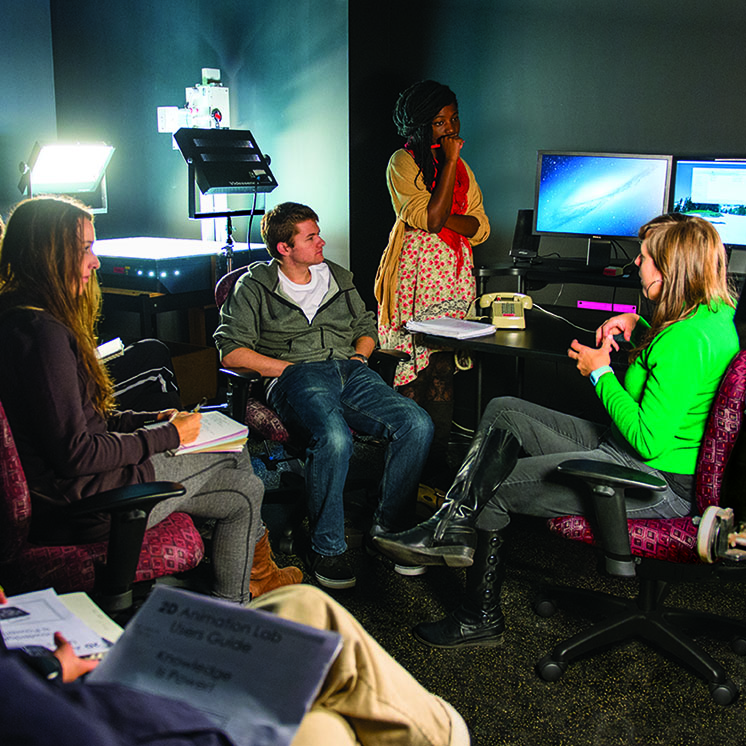Stalin: Legacy in Stone, Steel, and Blood
REVISED
Spring 2016 quarter
Taught by


Stalin is a pivotal figure not only in Russian and Soviet history, but also world history. Through his mandates, he had a phenomenal impact on the country’s art, literature, politics, courts, prisons, economy, and natural environment, as well as on agricultural and urban life. Guided by Stalin, the U.S.S.R. abolished private property; compelled peasants to work on state-owned collective farms; forced rapid industrialization throughout the empire; redefined education and political loyalty; sent millions of citizens to notorious Gulag "work camps"; and proudly declared war against Nature. At the same time, Stalin's U.S.S.R. also did more than any other country to crush Nazi Germany. And under his rule, the U.S.S.R. transformed a mostly illiterate culture to one which became nearly entirely literate. It also developed a nuclear arsenal second only to that of the U.S. and kept an uneasy peace with its ideological enemies after the close of World War II.
In lectures and seminars, we will examine issues raised in a selection of readings from history, literature, and culture, all geared to helping us answer questions raised by our exploration. Viewing and discussing relevant films will also aid in our examination of a variety of issues. How did Stalin manage to rise to power? How did his totalitarian regime take root? How was it that so many Soviet citizens, as well as foreigners, were incarcerated without any upsurge of protest? Did the Stalin legacy live on in the Soviet Union, and has it survived the 1991 fall of that empire? Might we discern this legacy in some aspects of post-Soviet Russia at the present moment? Such questions will lead us to analyzing and understanding these issues both specifically in the case of Stalin and theoretically in instances of coercive government in general.
Students will write a major research paper on a topic of choice relevant to our exploration, producing drafts during the course of the quarter, and will also present the results of their research to their peers in poster projects at the end of the term. We will spend the last week of class away from campus, exhibiting and explaining our posters, decompressing in the beauty of Nature and the kind of natural environment which seemed expendable to Stalin in his drive, no matter the cost, to industrialize the Soviet Union.
Program Details
Fields of Study
Preparatory for studies or careers in
Academic Website
Location and Schedule
Campus location
Olympia
Schedule
Offered during: Day
Advertised schedule: First spring class meeting: Tuesday, March 29 at 9am (Sem 2 C3105)
Books
Online Learning
Special Expenses
Revisions
| Date | Revision |
|---|---|
| March 30th, 2016 | Rob Cole has replaced Rob Smurr in the teaching team. |
 my.evergreen.edu
my.evergreen.edu

 Spring
Spring